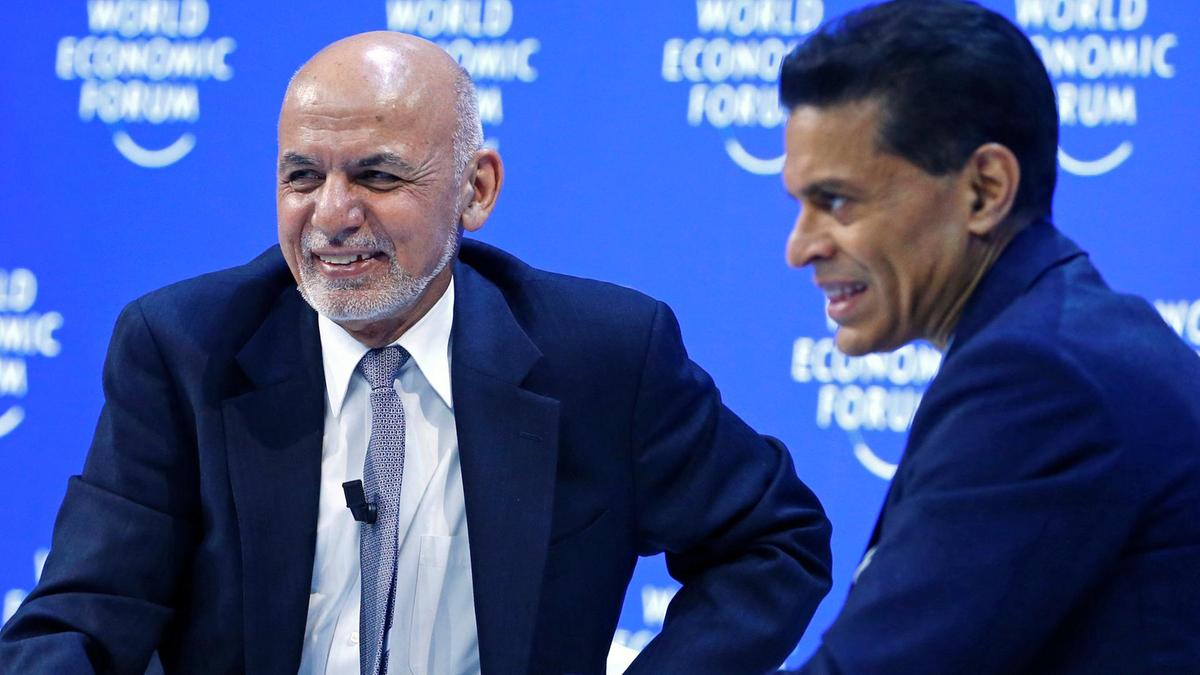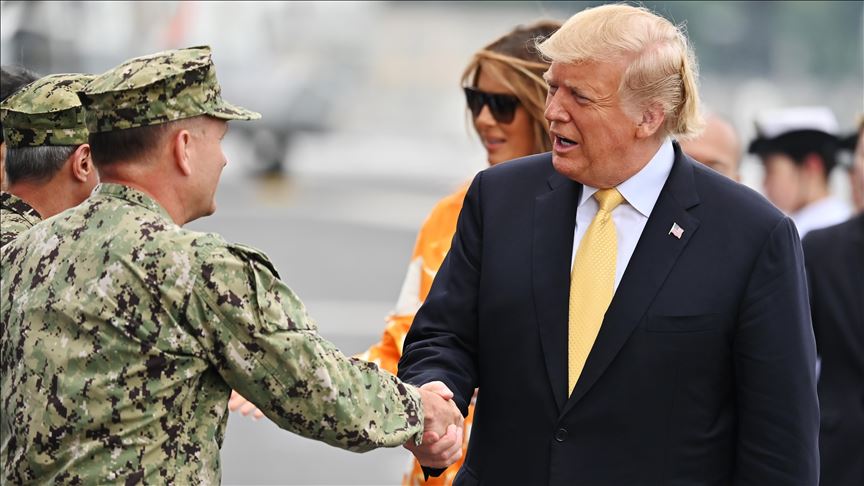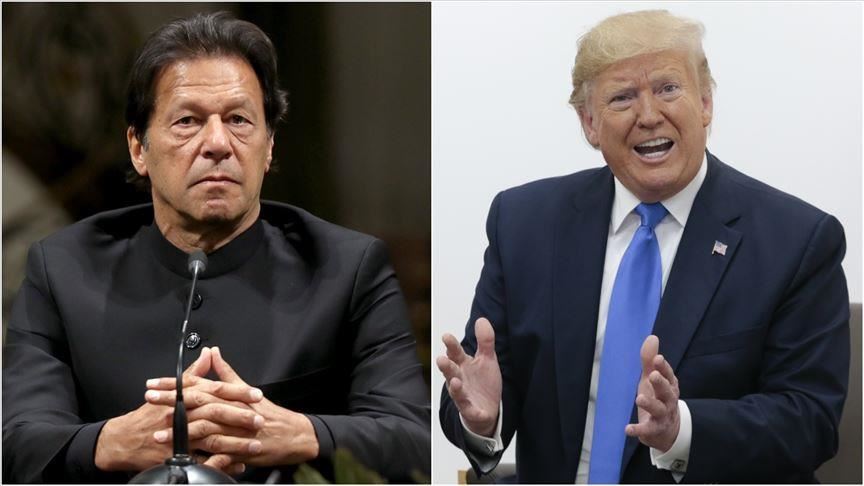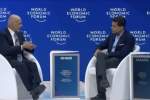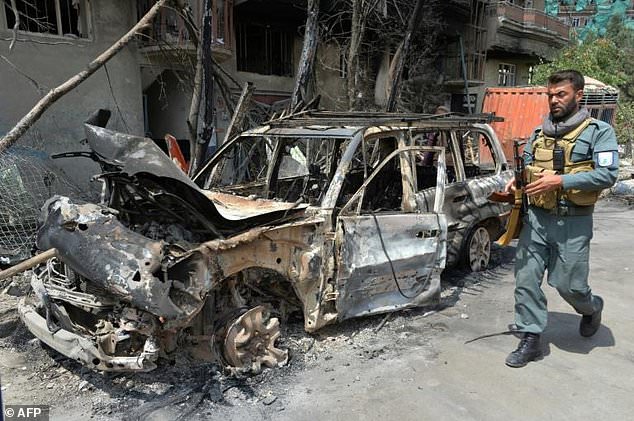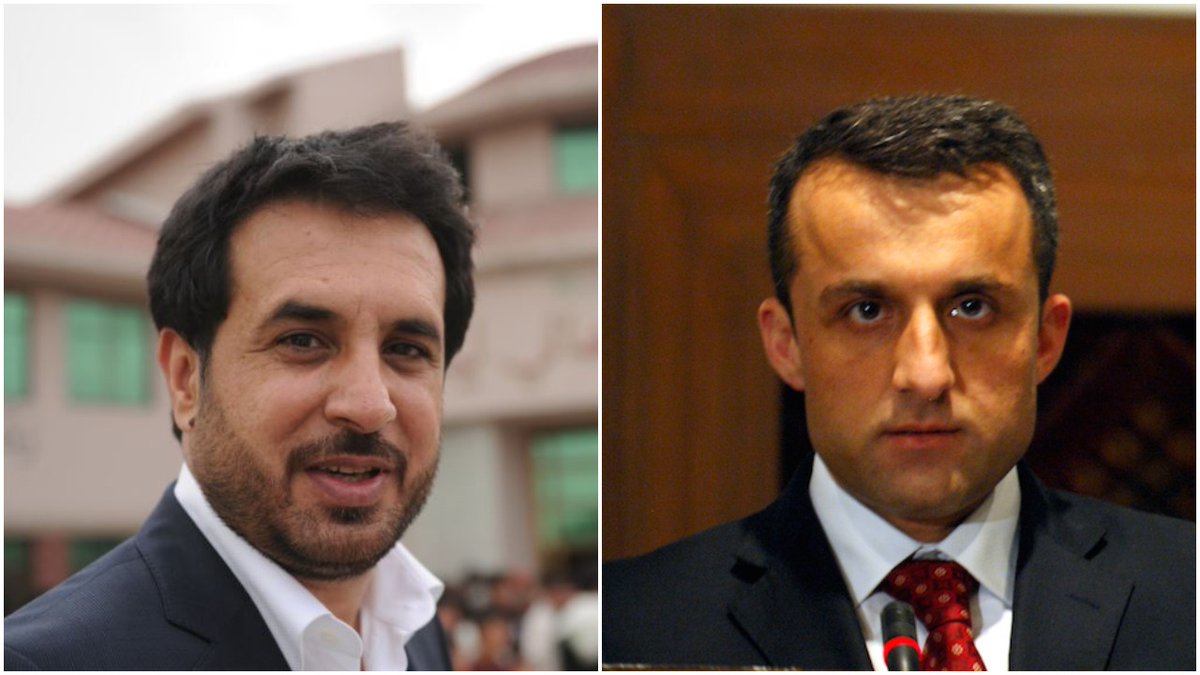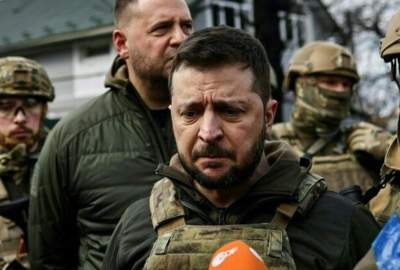There will not be an imminent withdrawal of US troops from Afghanistan, Afghan president said on Thursday.
Publish dateFriday 25 January 2019 - 01:41
Story Code : 178506
AVA- Ashraf Ghani denied reports the US had brokered a withdrawal agreement with the Taliban in ongoing talks as he spoke to an audience at the World Economic Forum in Davos, Switzerland.
Revealing he had an excellent relationship with US President Donald Trump, Mr Ghani also said he did not fear a lightning withdrawal from Afghanistan, as the US has done in Syria.
Asked about reports of a breakthrough in peace negotiations between the US and the Taliban in Doha, Mr Ghani said "not in that sense...there is a discussion but this discussion must be shared back. A discussion which does not involve the region will not last".
But the Afghan leader said US and Nato ties to Afghanistan are too entrenched for a simple withdrawal.
"It is not as simple as to arrive to a date and think the war ends because of that," he said, suggesting instead the level of US troops will fluctuate with the terror threat the country was facing.
He said the US is welcome to leave whenever it wants, but the mutual threat of terrorism has kept them in the country.
"Thank god there has been no recurrence of 9/11. It is not because of luck it is because of mass sacrifice and effort," Mr Ghani said, adding the US can take "enormous" pride in Afghanistan.
During the conversation with Fareed Zakaria, a CNN anchor, Mr Ghani revealed he had an excellent relationship with US President Trump, adding that he supports his Afghanistan policy and has defended him to colleagues.
Asked about the secret to his successful relationship the American leader, he said "I don't talk much. President Trump is engaging and if you get your points across then he asks you questions". He said showing he cared immensely about his country helped their personal ties.
But his relationship with Pakistan's leader Imran Khan does not appear as warm.
"We have talked on the phone, we have not met in person," he said, criticising the country for its close relationship with the Taliban.
The Taliban have an "organic relationship with the state of Pakistan," which has supported them with resources, he said.
A studious but uncharismatic academic, Mr Ghani is only Afghanistan's second leader since the war began in 2001.
The Afghan president was speaking days after his political rival Abdullah Abdullah also addressed the forum.
The race for the presidential election in Afghanistan began in earnest this month as the deadline passed for further politicians to declare their candidacy.
Both Mr Ghani and Mr Adbullah said they were running, meaning the 2019 election will probably be a rerun of the disputed 2014 contest.
While extolling the importance of a democratic transition of power, Mr Ghani could not resist appealing to voters.
Sending tributes to the women and young people in Afghanistan, he declared, predictably, that ordinary people are the best part of governing.
"When I talk to another Afghan I am his or her equal and that moves me to tears," he said.
In 2014, a power-sharing deal was brokered, making Mr Ghani president and creating the post of Chief Executive for Mr Abdullah after he claimed fraud and refused to accept the result.
Mr Ghani enlisted one of his sternest critics, Amrullah Saleh, a former intelligence agency chief and current interior minister, as his pick for vice president this year.
The run-up to the presidential elections has also been matched by an uptick in diplomatic efforts to end the country's 17-year war with the Taliban.
The militant group refuse to speak with the Afghanistan government, seeing them as puppets of the United States, the party they are speaking to in Doha, the capital of Qatar.
Talks with Zalmay Khalilzad, the US special representative on Afghan reconciliation, in the tiny Gulf state stretched into their fourth day on Thursday, raising hopes for a peace deal.
A US-led coalition unseated the Taliban in Afghanistan in 2001 in the wake of the September 11 attacks. The war is now the United States' longest and has cost more than a trillion dollars – and thousands of civilian lives.
Revealing he had an excellent relationship with US President Donald Trump, Mr Ghani also said he did not fear a lightning withdrawal from Afghanistan, as the US has done in Syria.
Asked about reports of a breakthrough in peace negotiations between the US and the Taliban in Doha, Mr Ghani said "not in that sense...there is a discussion but this discussion must be shared back. A discussion which does not involve the region will not last".
But the Afghan leader said US and Nato ties to Afghanistan are too entrenched for a simple withdrawal.
"It is not as simple as to arrive to a date and think the war ends because of that," he said, suggesting instead the level of US troops will fluctuate with the terror threat the country was facing.
He said the US is welcome to leave whenever it wants, but the mutual threat of terrorism has kept them in the country.
"Thank god there has been no recurrence of 9/11. It is not because of luck it is because of mass sacrifice and effort," Mr Ghani said, adding the US can take "enormous" pride in Afghanistan.
During the conversation with Fareed Zakaria, a CNN anchor, Mr Ghani revealed he had an excellent relationship with US President Trump, adding that he supports his Afghanistan policy and has defended him to colleagues.
Asked about the secret to his successful relationship the American leader, he said "I don't talk much. President Trump is engaging and if you get your points across then he asks you questions". He said showing he cared immensely about his country helped their personal ties.
But his relationship with Pakistan's leader Imran Khan does not appear as warm.
"We have talked on the phone, we have not met in person," he said, criticising the country for its close relationship with the Taliban.
The Taliban have an "organic relationship with the state of Pakistan," which has supported them with resources, he said.
A studious but uncharismatic academic, Mr Ghani is only Afghanistan's second leader since the war began in 2001.
The Afghan president was speaking days after his political rival Abdullah Abdullah also addressed the forum.
The race for the presidential election in Afghanistan began in earnest this month as the deadline passed for further politicians to declare their candidacy.
Both Mr Ghani and Mr Adbullah said they were running, meaning the 2019 election will probably be a rerun of the disputed 2014 contest.
While extolling the importance of a democratic transition of power, Mr Ghani could not resist appealing to voters.
Sending tributes to the women and young people in Afghanistan, he declared, predictably, that ordinary people are the best part of governing.
"When I talk to another Afghan I am his or her equal and that moves me to tears," he said.
In 2014, a power-sharing deal was brokered, making Mr Ghani president and creating the post of Chief Executive for Mr Abdullah after he claimed fraud and refused to accept the result.
Mr Ghani enlisted one of his sternest critics, Amrullah Saleh, a former intelligence agency chief and current interior minister, as his pick for vice president this year.
The run-up to the presidential elections has also been matched by an uptick in diplomatic efforts to end the country's 17-year war with the Taliban.
The militant group refuse to speak with the Afghanistan government, seeing them as puppets of the United States, the party they are speaking to in Doha, the capital of Qatar.
Talks with Zalmay Khalilzad, the US special representative on Afghan reconciliation, in the tiny Gulf state stretched into their fourth day on Thursday, raising hopes for a peace deal.
A US-led coalition unseated the Taliban in Afghanistan in 2001 in the wake of the September 11 attacks. The war is now the United States' longest and has cost more than a trillion dollars – and thousands of civilian lives.
Source : خبرگزاری Afghn Voice Agency(AVA)
avapress.com/vdcgz79q3ak9un4.5jra.html
Tags
Top hits
4
